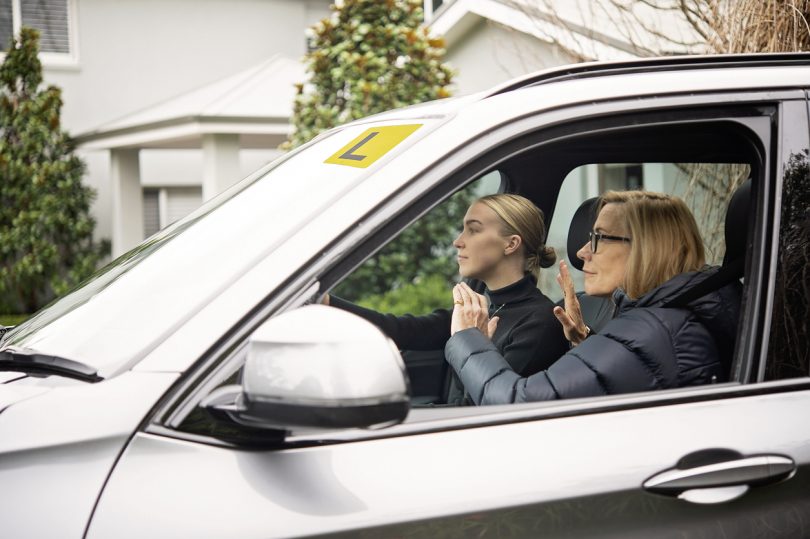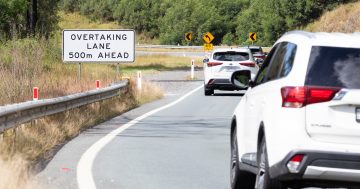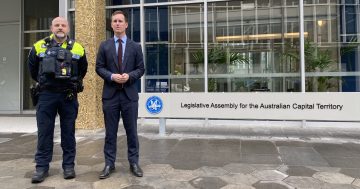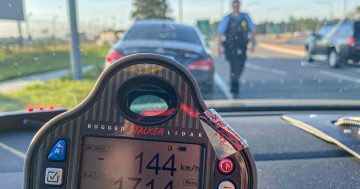
One Canberra driving instructor believes the ACT’s introduction of a minimum of 100 hours of learner driving is hurting those learners who need their licence the most. Photo: File.
On 1 January 2020, sweeping changes to the ACT Government’s Driver Licensing Scheme came into effect. The centrepiece of these changes was the introduction of a mandatory minimum of 100 hours of driving accompanied by a fully-licensed supervisor for all learner drivers under the age of 25.
At the time, it was a decision that brought the ACT in line with what had been in place across the country, in some cases, for more than a decade.
However, according to Canberra driving instructor Grant Membrey, these changes have failed those who need their licences the most.
“My issue is that people who come from overseas or from single-parent households are denied their licence because of the 100 hours,” Mr Membrey said.
“I see students that start with me, but they can’t finish and they don’t have any other way that they can get their licence.”
The Murrumbateman-based instructor said while he was familiar with the system through his NSW drivers, the impact of the 100-hour mandate wasn’t apparent until it reached the ACT, where there is greater diversity in the population.
He said in some cases, a student’s only option is to pursue doing their full driving training with an instructor, which can be overwhelmingly expensive or simply give up on getting their licence altogether.
“How does that affect you not having your licence? Where can you live? Where can you work?” Mr Membrey questioned.
“If you want to escape Canberra so you can afford a house, you can’t. It just denies them the options and the life that the rest of us have and I find that terrible.
“They become a second class citizen because they don’t have that opportunity. If they just want to go shopping, you can’t just get in the car and drive.”
He understood the ACT Government thinks they’ve made it fair for all by putting “everyone under the same umbrella”, but he believed that in doing so, they’re failing to understand the diverse needs of their population.
Mr Membrey believed it was unlikely the ACT Government would make any changes given the current system is easier to manage but felt the focus for learning drivers should be on quality learning experiences over quantity.
“They’ve (ACT Government) done this and that’s it. They won’t change it. It’s not important to them,” Mr Membrey said.
“In today’s world, we talk about equality and we talk about racism and women having the same rights as men. But, if you’re a single mother with kids, you’re not going to be able to do 100 hours. How can you live a normal life without a car and do basic things?
“The people who made these laws don’t understand what some driving students go through. They don’t know all the things they need their licence for. They don’t understand any of this stuff.”
He argued that the introduction of this system has not improved the quality of young drivers on the roads and has led to many choosing to keep fraudulent records of their driving hours.





















